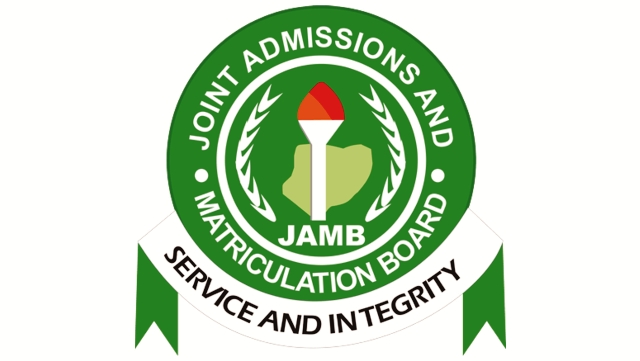Business
FIRS Loses N72bn To Tax Evasion
The Federal Inland Revenue Service lost a total of N72 billion in 2008 from un-remitted personal income tax deductions, Value Added Tax, and withholding tax (WHT).
To check the trend, the FIRS said it would soon make possession of tax clearance certificates a requirement to have access to certain government services.
According to the FIRS, the ministries and agencies involved in the non-remission of taxes include the Nigeria Universities Commission, NUC, and Nigeria National Petroleum Corporation, NNPC. If such taxes had been remitted into the coffers of the Federal Inland Revenue service it would have helped to solve a lot of outstanding problems in the country in the face of the current global meltdown.
Meanwhile, the Federal Government has approved a new tax administration system known as “Unique Tax Payers Identification Number, UTPIN”.
The approval was given at the monthly National Economic Council, NEC, meeting held recently at the State House, Aso Villa, Abuja, and presided over by Vice President Goodluck Jonathan.
Governor of Zamfara State, Mahmud Shinkafi who briefed State House correspondents at the end of the meeting said UYPIN was part of the overall reform of the tax system to make it more efficient.
He said the new scheme would help in solving the problem of double taxation and would place the country’s tax administration among the developed and efficient ones.
“When this is done, every tax payer will have his or her tax identification number, such as obtained in other developed countries,” he said.
Shinkafi said the bio-metric cards containing the particulars of each tax payer would be issued centrally. He said the project would cost N7.4 billion, out of which the federal government would contribute 50 percent, while the state and local government would provide the balance.
In a related development, the council also approved a recall of the N100 billion released to two commercial banks, from the N200 billion approved for large scale commercial farming in the country.
But in another development, the federal government, states and local governments shared N326 billion in June, 2009, indicating a drop of about N4 billion from the N330 billion that was shared in May.
The amount include N27.8 billion supplement from the Excess Crude Account and N38.4 billion revenue from the value added tax, VAT.
This was contained in a communiqué issued at the end of the monthly meeting on the Federal Account Allocation Committee, FAAC, held in Abuja recently. The communiqué was signed by the Accountant General of the Federation, AGF, Ibrahim Dankwambo.
The committee stated that the distributable statutory revenue for the month was N259.1 billion, which showed an increase of N4 billion compared with that of the month of May.
Without the excess crude account supplement and the VAT, the Federal Government had N124.3 billion, the states got N63.1 billion, the local councils received N48.6 billion and the 13 percent derivation translating to N23. 1 billion.
“The increase is distributable income which was attributed to a rise in petroleum profit tax collection as a result of increase in the OPEC Reference Basket coupled with higher prices of crude oil,” the committee stated.
Business
Tinubu’s RHI Doles Out N50m To 1,000 Kwara Petty Traders

Business
UBA To Educate SMEs, Business Owners On Withholding Tax

Business
Nigeria Losing $40b Annually From Maritime Sector – NIMENA
-
Rivers3 days ago
CSOs Seek Restraint On Planned Oil Extraction Resumption In Ogoni
-

 Featured1 day ago
Featured1 day agoI Won’t Allow Spoils Of Office To Change Me – Fubara …As Rivers People Mark Gov’s 50th Birthday With Prayers
-
Business1 day ago
Nigeria Losing $40b Annually From Maritime Sector – NIMENA
-

 News3 days ago
News3 days agoJAMB Introduces Mock UTME For Underage Candidates
-
Business1 day ago
Expert identifies UNICEEF’s NLP As Spring Board To AI In Benue
-

 Niger Delta1 day ago
Niger Delta1 day agoCommissioner Hails RSHA Speaker Over Promise Of Constituency Projects To Ogu/Bolo
-
Rivers3 days ago
Bonny Protest Neglect, Seeks CSR MoU Implementation
-
Politics1 day ago
Presidency, APC React As El-Rufai Criticises Party, Urges United Opposition

